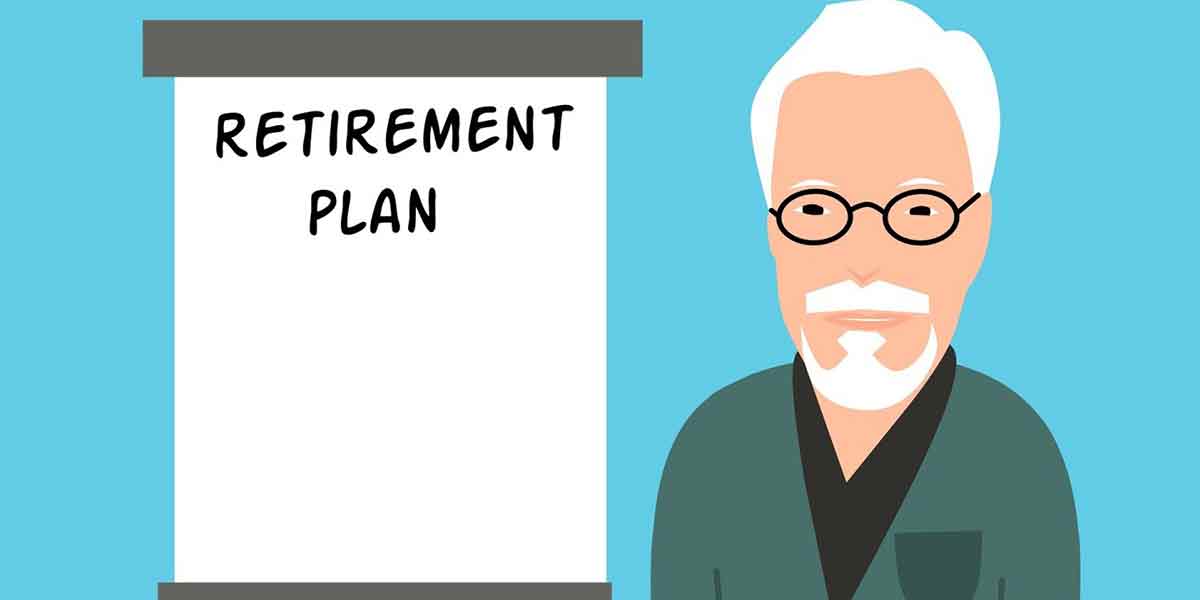The probate process can be stress-free if the circumstances are right, but it can be tough if these circumstances change.
When in probate, things can quickly move in any direction. You find that the person you regarded to be your blood brother turns against you and challenges the will, just because you got more than what he was allocated.
Or a beneficiary passes away during the probate period.
It is sad, but it happens. We have seen beneficiaries that passed away soon after the death of the will-maker. Even in death, keep it in mind that the heir is supposed to get their rightful inheritance even in death.
The Impact of Death on Probate in New York
The law in New York stipulates that if an heir passes away while probate has just started, but at a time before the assets get transferred to his name, then the assets automatically become owned by the predeceased beneficiary.
Example
If you decided to give your son Tommy a house and he passes on before the house is transferred to his name, the house automatically becomes part of Tommy’s estate. This means the house is liable to pass down to the people that Tommy named in his last testament.
The Survivorship Period
Many testators include a clause that specifies that lest the person lives for a definite period, they don’t have a right to the assets. Called the survivorship period, it ranges from 5 days to 2 months.
If the testament lacks a survivorship clause, the New York state law comes into play.
Alternate Beneficiaries
Without an alternate beneficiary, or if he cannot be traced, then the property goes to any of the following:
A Residuary Beneficiary
After the alternate, the heir that comes immediately after the alternate is called a residuary. However, very few wills include this beneficiary, which means if the alternate is missing, then the property passes down to a relative.
The Offspring of the Beneficiary Have a Right Too
If an heir dies before they inherit anything, the law attempts to predict what the testator would have thought of if this situation happened when he was alive.
Lack of the alternate beneficiary means that the law can give the property to the kids of the predeceased beneficiary.
This law is exclusive to the beneficiary that is related to the will-maker by blood. This means that the spouse isn’t covered.
What If there is no Will?
If the deceased died off without a will, then the rules of intestate apply.Class Beneficiaries
Some will-makers leave the estate to a group, for instance, several aunts. When one dies before the probate period, the estate is shared among the people that remain in the group.
For instance, if there were four aunts, they would initially receive 25 percent of the estate. If one of the aunts dies, then they will remain three of them, each sharing 33.33 percent of the estate.
Life Insurance Beneficiaries
Life insurance works straightforwardly– you pay for the policy, then when you die while it is still in force, the benefits go to the beneficiary that you have named.
Many people name their spouses as the beneficiary, but you are free to name other people as you like, including your child, friend, or sibling.
You can even name multiple beneficiaries, and then designate how the benefits are divided between them. But what if the beneficiary dies before receiving the payout from the policy? The good thing is that you can name more than one beneficiary, and if one dies, the other person takes his place.
Do You Need Expert Help to Choose the next Beneficiary?
New York law has stipulations that oversee this situation, though it can be difficult. With many family members going through issues, they might not settle on who receives the benefits. The best step would be to turn to a probate attorney to resolve the issue.







